Abstractionism in photography [ENG-PT/BR]
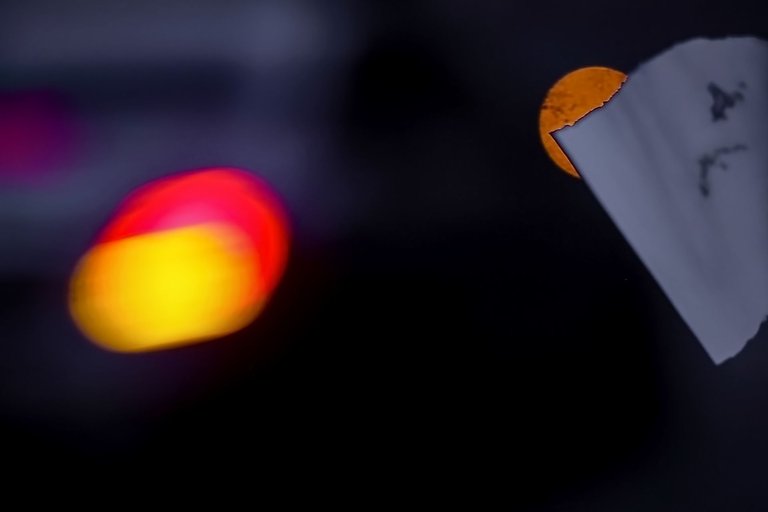
I don't like adding captions to my photographs. Except for those photographs that serve a documentary purpose. In other words, in documentary photography, I need to use captions with the date, location, or other information that is useful for a more objective—more informative—interpretation.
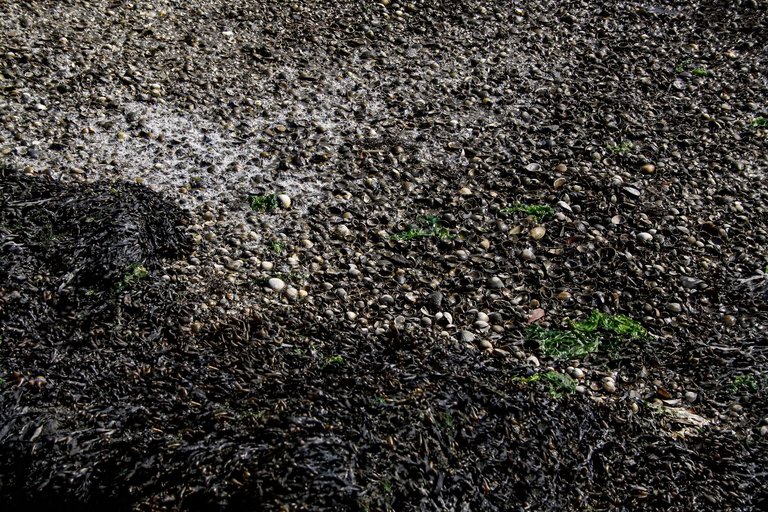
In my work as a photographer, I like to give the viewer their own interpretation. Not everything has to be objective and direct. Subjectivity can be a catalyst for our imagination. Some people feel and see things one way, others differently.
Photographs that are difficult to decipher and non-objective can be obtained through textures, reflections, and optical illusions, and fall into the genre of abstract photography. This genre allows for creative freedom and different interpretations. It evokes emotions and sensations, the result of non-figurative visual compositions.
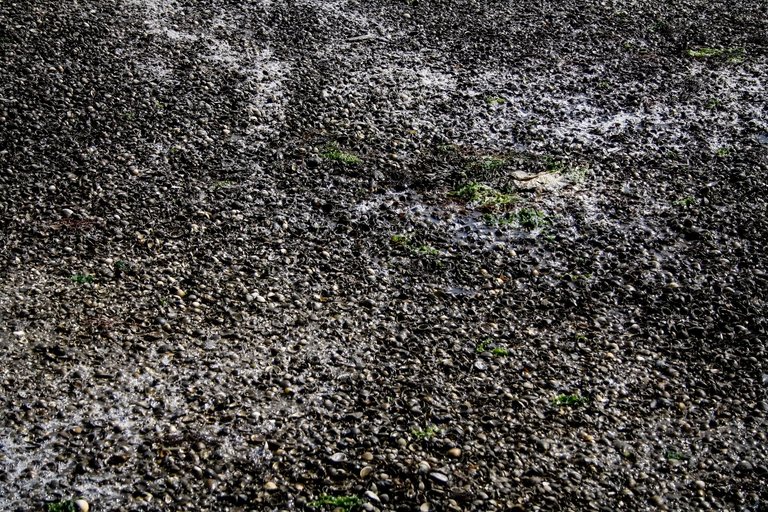
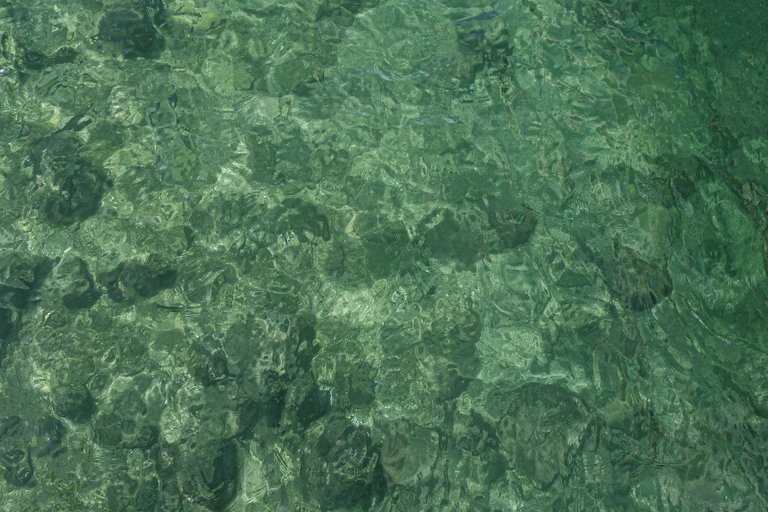

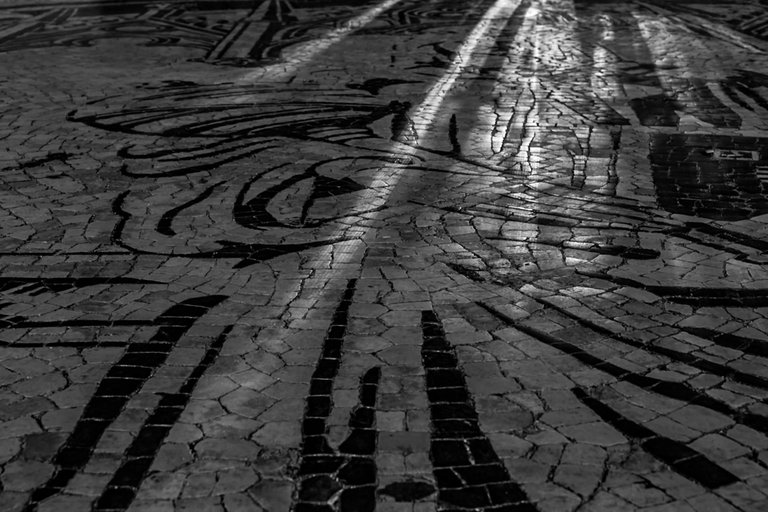
Monochrome photographs also help to explore experimentation. They also give space for creative freedom.
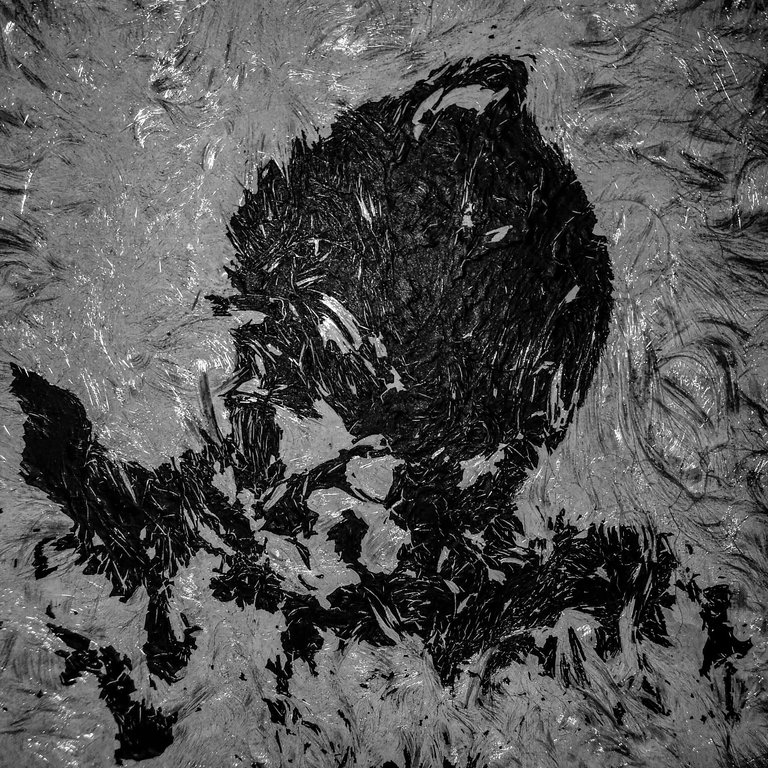
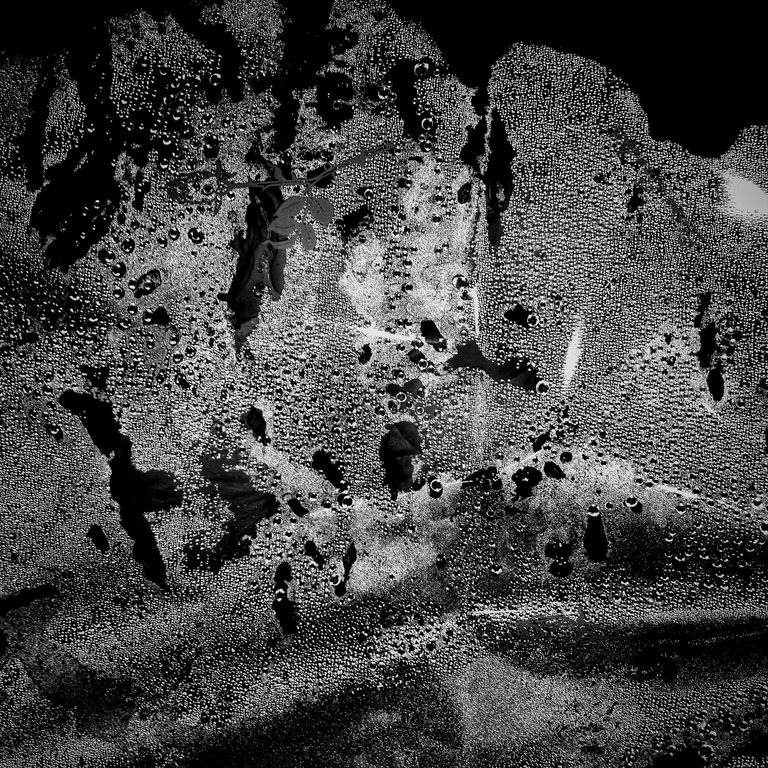
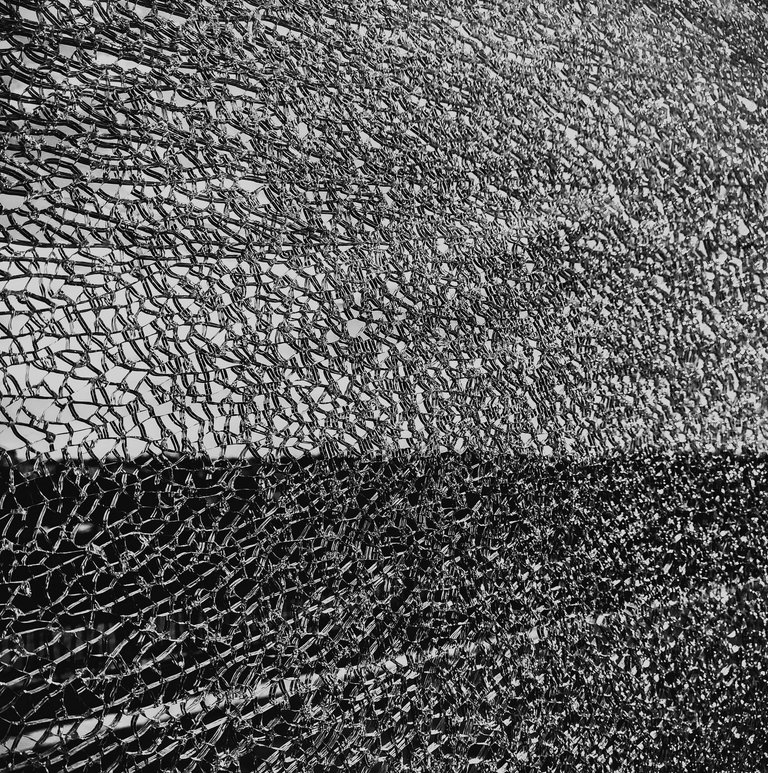
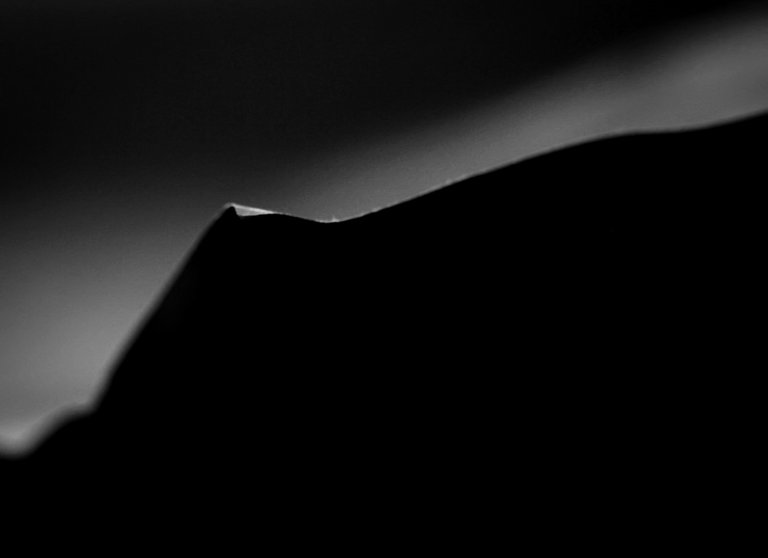

HISTORY
Abstract photography has its origins in the abstract art movements of the 20th century, such as Surrealism, Cubism, and Expressionism.
These movements challenged the status quo of notions of representation and realism, seeking to stimulate emotions, sensations, and new concepts in a non-traditional way.
ABSTRACT PHOTOGRAPHERS
Man Ray and Laszlo Moholy-Nagy were pioneering photographers who experimented with abstract techniques. They influenced several generations of artists.
More contemporary names exploring this genre of abstract work include Eileen Quinlan, Liz Deschenes, Walead Beshty, Franco Fontana, Rolf Aamot, and Silvio Wolf, among others.

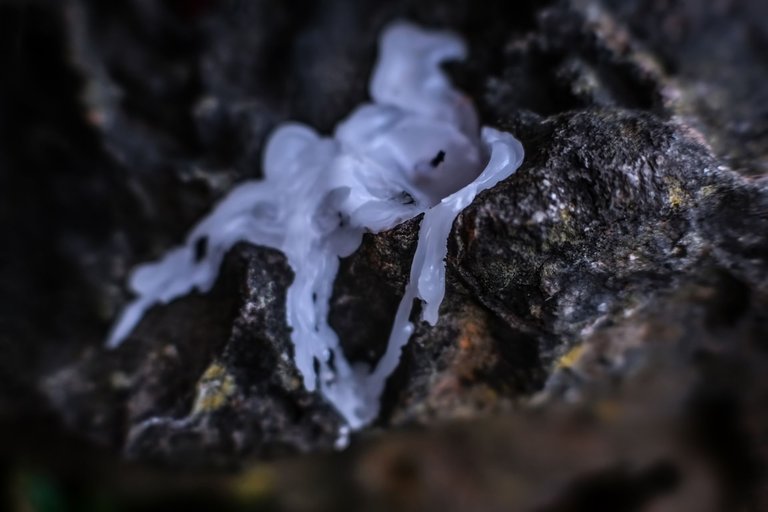
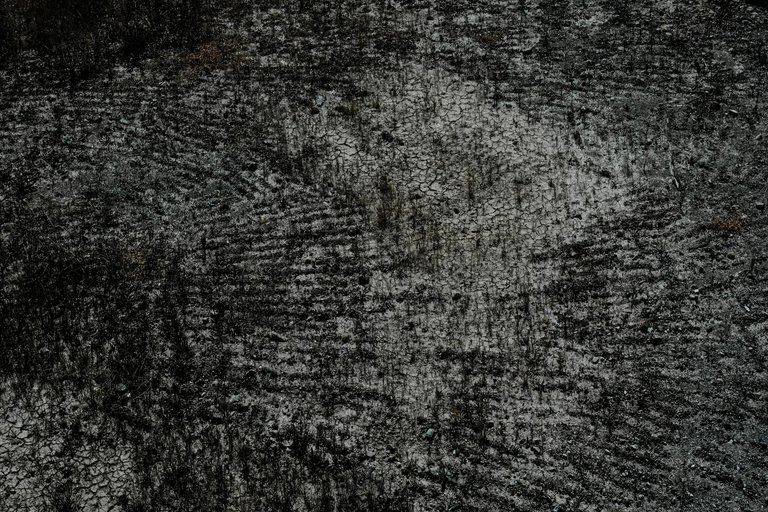
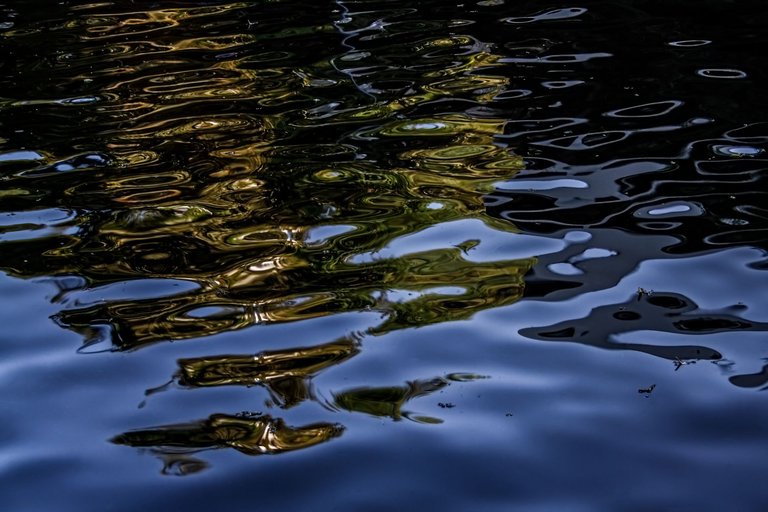
🇵🇹 🇧🇷
! [PORTUGUESE VERSION]
O abstracionismo na fotografia
Não aprecio colocar legendas nas minhas fotografias. Com excepção daquelas fotografias que servem o propósito de documento. Ou seja, na fotografia documental tenho necessidade de usar legendas com a data, local, ou outra informação que seja útil para uma interpretação mais objectiva - mais informativa.
ᅠ
No meu trabalho de fotografia de autor gosto de dar ao receptor a sua interpretação. Nem tudo tem que ser objetivo e direto. A subjectividade pode ser um catalisador para a nossa imaginação. Umas pessoas sentem e vêem de uma maneira, outras de maneira diferente.
ᅠ
As fotografias difíceis de decifrar, não objectivas, podem ser obtidas através de texturas, reflexos, ilusão óptica e encaixam no género da fotografia abstrata. Este género permite liberdade criativa e diferentes interpretações. Evoca emoções e sensações, resultado de composições visuais não figurativas.
HISTÓRIA
Fotografia Abstrata tem a sua origem nos movimentos artísticos abstratos do século XX, como o Surrealismo, Cubismo e o Expressionismo.
ᅠ
Esses movimentos desafiaram ao status quo das noções de representação e realismo, buscando estimular emoções, sensações e novos conceitos de uma forma não tradicional.
ᅠ
FOTÓGRAFOS ABSTRACIONISTAS
Man Ray e Laszlo Moholy-Nagy, foram os fotógrafos pioneiros na experimentação com técnicas abstratas. Influenciaram diversas gerações de artistas.
ᅠ
Nomes mais contemporâneos que exploram este género de trabalhos abstratos: Eileen Quinlan, Liz Deschenes, Walead Beshty, Franco Fontana, Rolf Aamot e Silvio Wolf, entre outros.


After the initiatives: @CryptoCompany [Banner for Boost], Lovesniped and Hive onboarding app Check in With, it’s time to highlight the friendly @dustbunny.
👍 Are you one of those people, like me, who likes to give a small reward when interacting with other users through comments?
🚨 Then you should know that rewards below $0.020 are never actually paid out. Your gesture has no effect. It just consumes your RC and leaves dust. That's where DustBunny comes in.🥕🐇
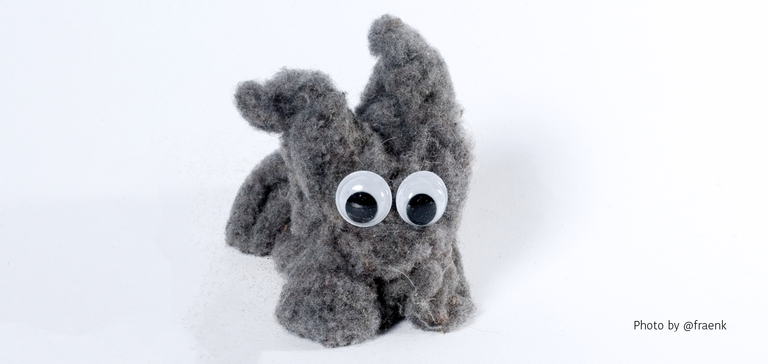
The cute @dustbunny stops munching on carrots and goes to look at the votes that are in this condition, dusty, and rewards them with the difference so that payment is possible. It cleans up the dust, in other words. Sensational, isn't it?
The cleaning is free, but DustBunny needs carrots to feed its voting power. That's where you can delegate a small portion of your HP to him to stock up on carrots. The HP is always yours. You can disconnect the delegation at any time. Here is all the information.


lovely pictures! all those cracks and crackles, contrasty lights and shades... 🤌
Thank you very much, friend 🤝
🤖💰
!HBIT
!INDEED
!MMB
cryptoreforma, you mined 0.9 🟧 HBIT and the user you replied to (actifraenk) received 0.1 HBIT on your behalf as a tip. You can receive 100% of the HBIT by replying to one of your own posts or comments. When you mine HBIT, you're also playing the Wusang: Isle of Blaq game. 🏴☠️ | tools | wallet | discord | community | daily <><
What's more, you found 1.0 ⚪ BLAQ pearl as a bonus treasure token!

Your random number was 0.2846578109577035, also viewable in the Discord server, #hbit-wusang-log channel. Check for bonus treasure tokens by entering your username at block explorer A, explorer B, or take a look at your wallet.
There is a treasure chest of bitcoin sats hidden in Wusang: Isle of Blaq. Happy treasure hunting! 😃 Read about Hivebits (HBIT) or read the story of Wusang: Isle of Blaq.
Obrigado por promover a Língua Portuguesa em suas postagens.
Vamos seguir fortalecendo a comunidade lusófona dentro da Hive.
I love these sharp snapshots of sharp textures and contrast. I particularly like the ones of the road? with the smallest signs of life trying to emerge from the substance below. It may not even be a road, but the aggregate could just as easily be the shells of snails, sea creatures, or some monstrous beast I can't even start to fathom.
This is one genre of photography that I very much struggle to produce myself. What I am most impressed about in these images is the complete absence of any lens or barrel distortion, no vignette, and the single directionality of the light in each exposure that commands my eye to only look upon what you're revealing, not what is hidden or changed in post-production.
Great shots, glad we found each other in a time-ago comments section so I could look at work like this. :)
Comments are always a good way to interact and learn from each other.
In the photograph you describe, your imagination is very close to reality—in this case. It's shells, seaweed, and sea debris that appear at low tide.
My post-production is simple and basic: adjustments to contrast, brightness, and detail.
Thank you very much for your insightful comment.
https://www.reddit.com/r/AbstractPhotos/comments/1mo6dmd/abstractionism_in_photography/
This post has been shared on Reddit by @cryptoreforma through the HivePosh initiative.
https://bsky.app/profile/did:plc:aavowxh5qrb2y7fnpzpsddg7/post/3lw7affp4ic2k
https://bsky.app/profile/did:plc:aavowxh5qrb2y7fnpzpsddg7/post/3lw7affp4ic2k
The rewards earned on this comment will go to the author of the blog post.
I loved looking at each of these photos!... But my favorite was this one because of its high level of abstraction and great visual impact!... A series full of creativity and talent, @cryptoreforma friend!... I send a big round of applause!
!discovery 35
!PIZZA
Thank you very much, my friend.🤝
I'm proud of your recognition.
$PIZZA slices delivered:
@jlinaresp(1/15) tipped @cryptoreforma
Come get MOONed!
This post was shared and voted inside the discord by the curators team of discovery-it
Join our Community and follow our Curation Trail
Discovery-it is also a Witness, vote for us here
Delegate to us for passive income. Check our 80% fee-back Program
Thanks a lot
A whole range of images of harmony, contrast, and texture. Enjoy your shots and best regards!
Thankis a lot, friend 📷
Amazing shots! 🙌 I really like your philosophy on abstract photography. Letting the viewer use their imagination is a great approach ✨ The black and white photos you shared really highlight your point about textures and creative freedom 💕
Thanks
Amé las fotografías. Qué contrastes tan maravillosos.
Muchas gracias 🙏
@cryptoreforma, I paid out 0.979 HIVE and 0.209 HBD to reward 7 comments in this discussion thread.